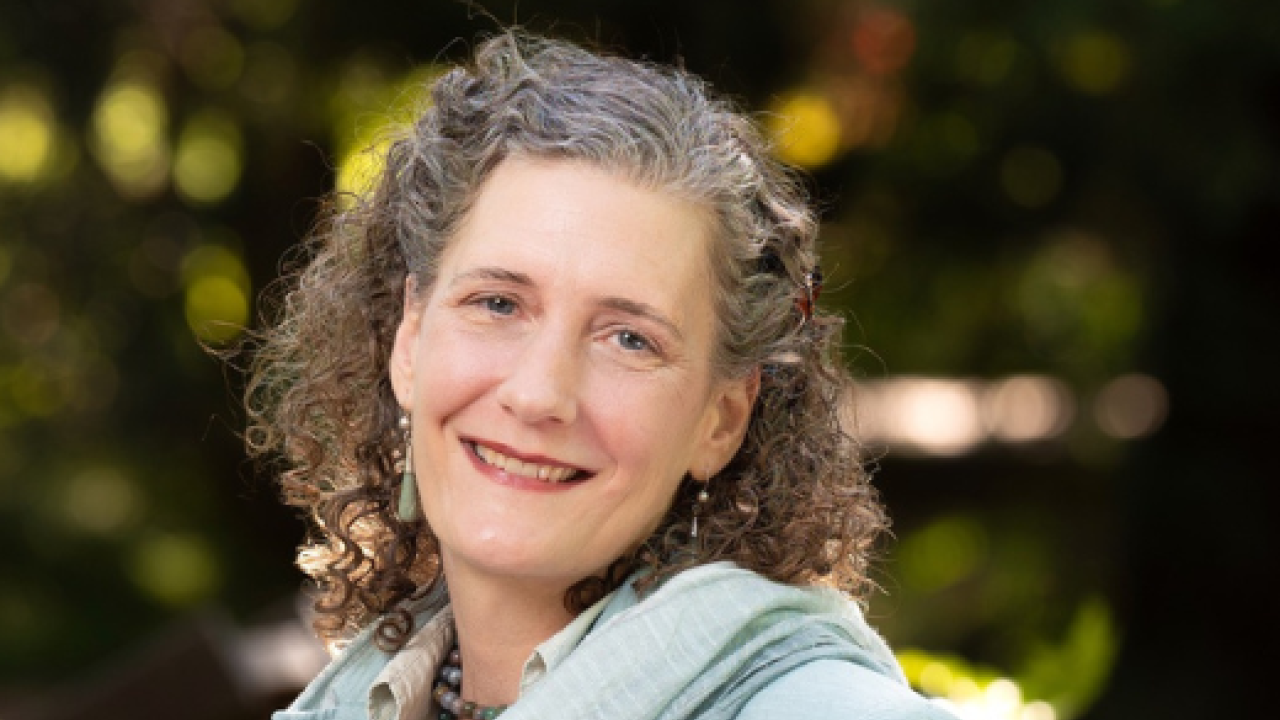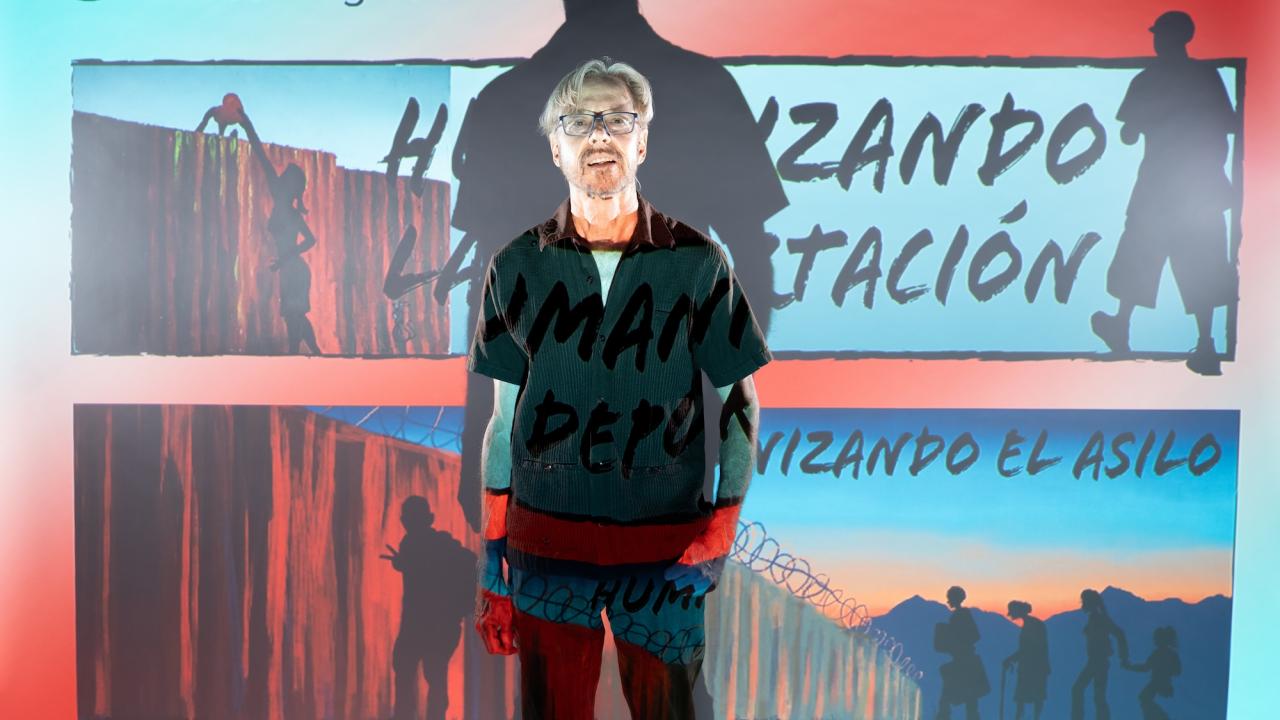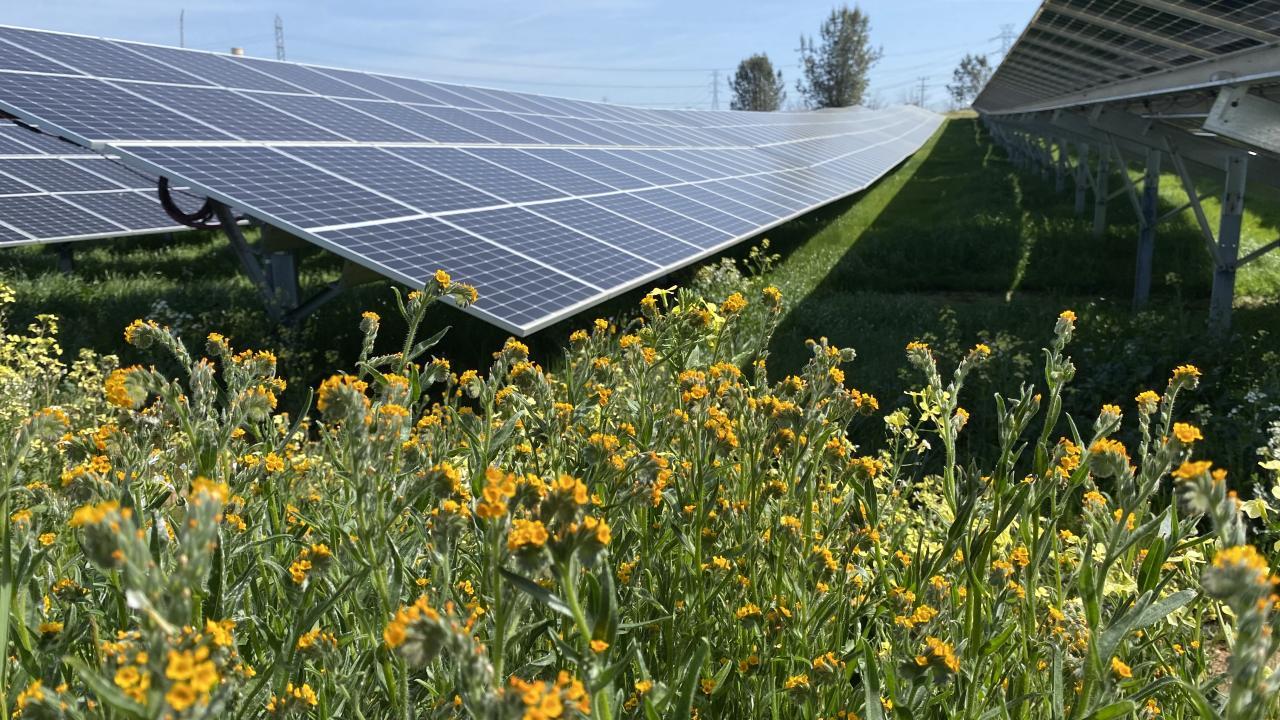The Public Impact Research Initiative (PIRI) aims to broaden inclusivity in knowledge generation, acknowledging the valuable contributions community members bring to research development.
Through grants of up to $10,000, the Public Impact Research Initiative (PIRI) recognizes and supports research co-generated with community partners, ensuring mutual benefits and positive public impact. The program provides financial support for initiating new collaborations or sustaining existing relationships, promoting publicly engaged research with non-university partners such as non-profit organizations, community leaders and public or private sector partnerships. These awards position researchers for future funding opportunities, capacity building, and growth in research areas that thrive on mutually beneficial partnerships. Below are examples of projects supported through PIRI.
54 AWARDS funded to UC Davis researchers and non-university partners
Totaling nearly $430,000
with 66 COMMUNITY PARTNERS
Engaging Communities Through Collaborative Research
Marcella Gonsalves, a continuing lecturer and graduate advisor for the Department of Public Health Sciences’ master of public health program, says her two Public Impact Research Initiative grants have allowed her to maintain strong community ties, explore the public health impacts of nutrition programs and enhance her teaching.
“As a lecturer, my primary responsibility is instruction. I am not funded to do research. I can’t express how much the PIRI funds meant to me. Incorporating real practice examples into my courses makes my instruction so much more impactful,” she said.
Gonsalves’s first project aimed to understand volunteer management across different food pantries in Sacramento County. However, with the onset of the COVID-19 pandemic, the focus shifted to addressing the new challenges faced by these organizations. The research provided critical insights into the adaptability and needs of these agencies during a tumultuous time.
Among other results, her latest project highlighted the social and emotional benefits of the Center for Land-Based Learning’s Mobile Farmers Market. At a mobile farmers market stop at a senior center, residents expressed how the market fostered a sense of community. “I didn’t expect the sense of social connection that people described,” she said. “It’s more than just delicious fresh food. The market is serving the whole person, and it reaffirmed my love for the Center and the work they’re doing,” she said.





